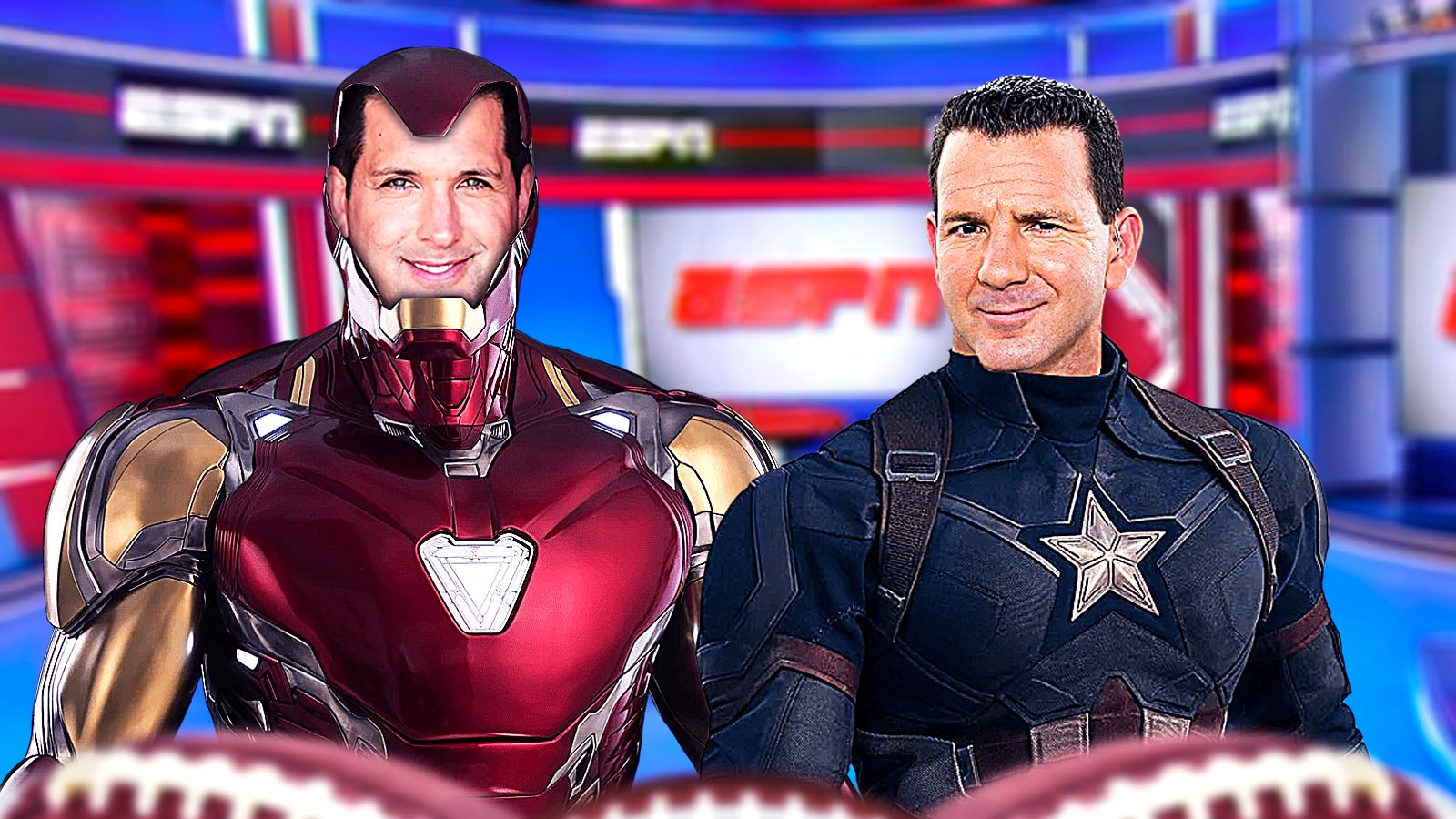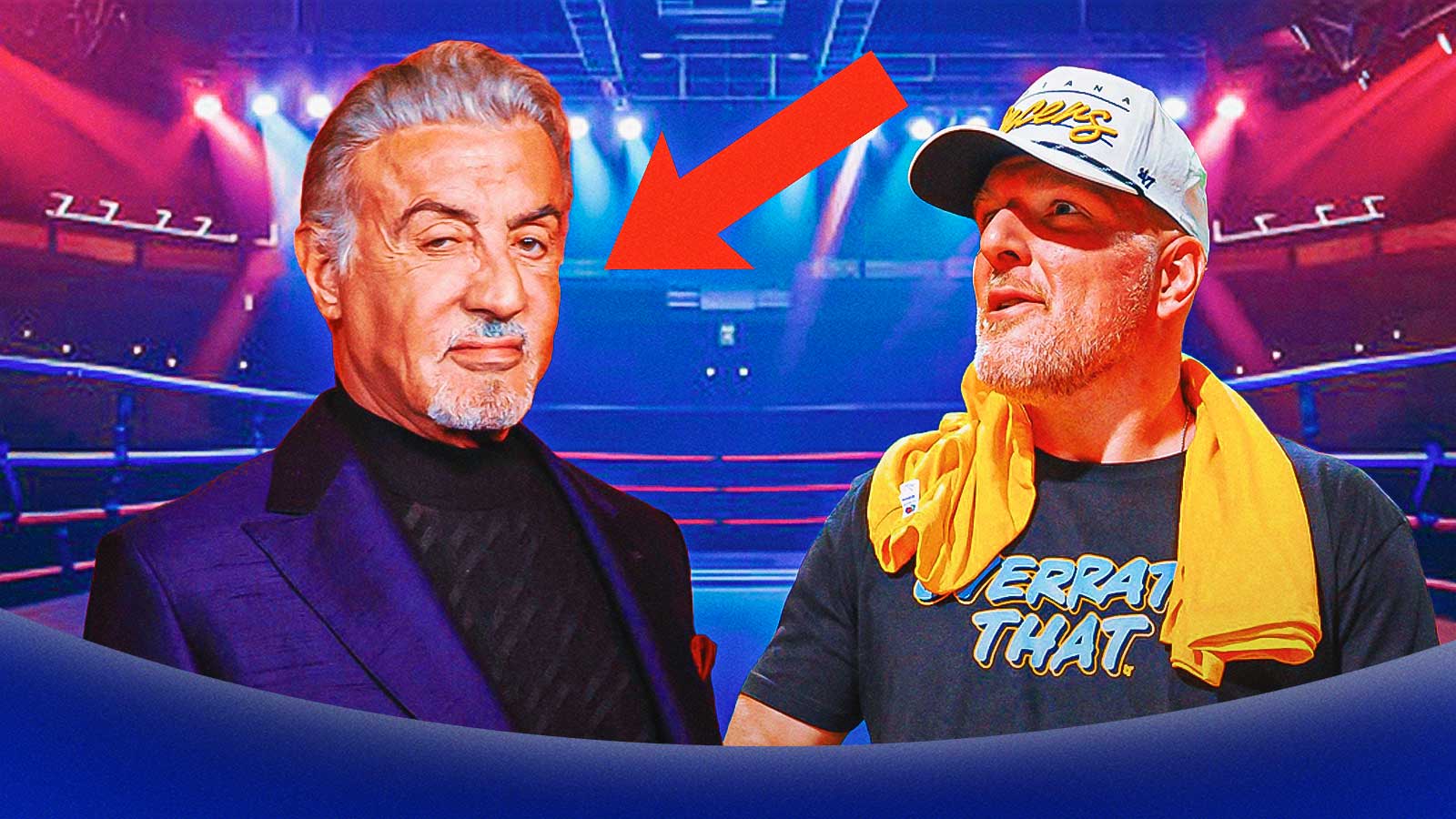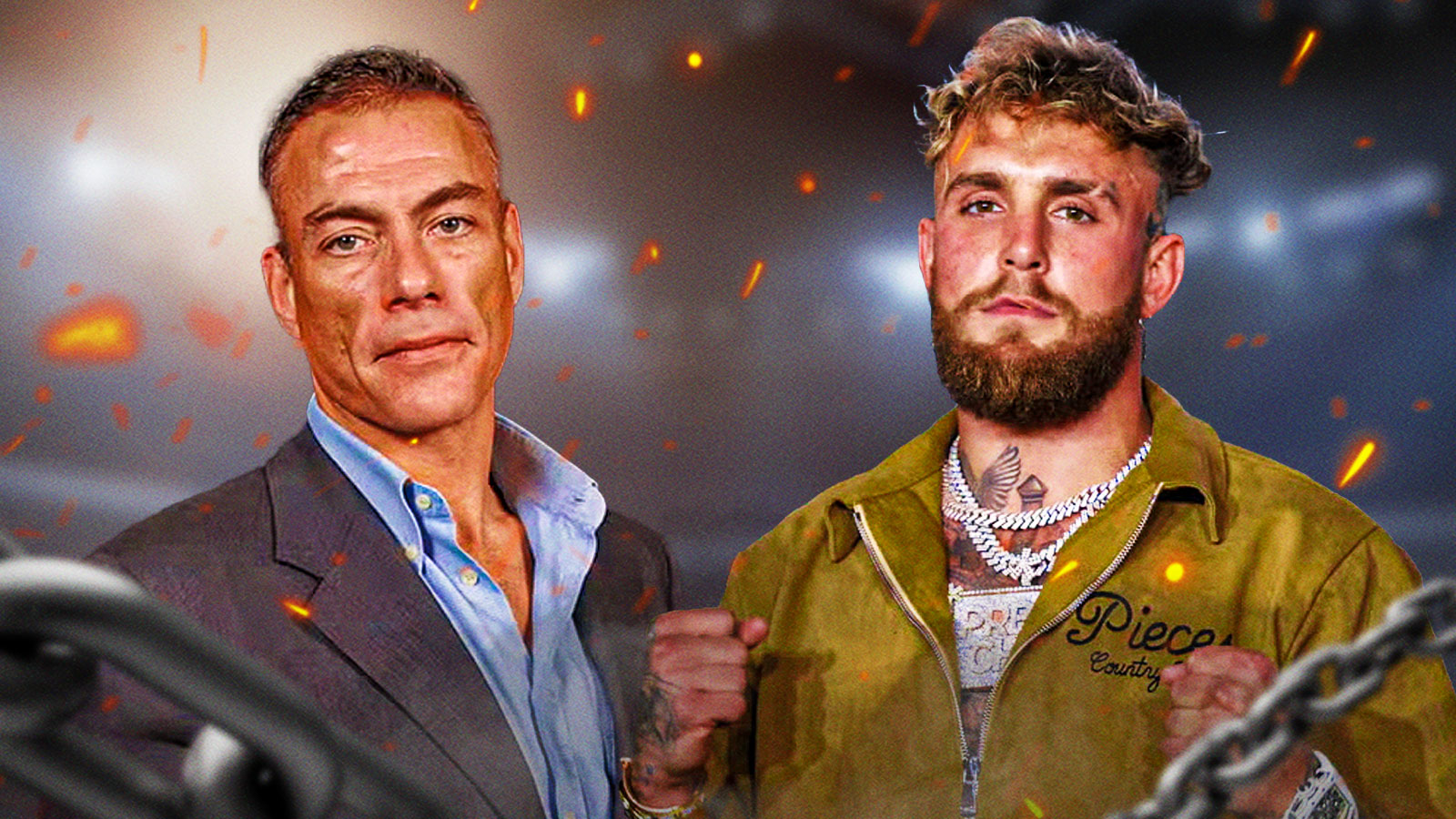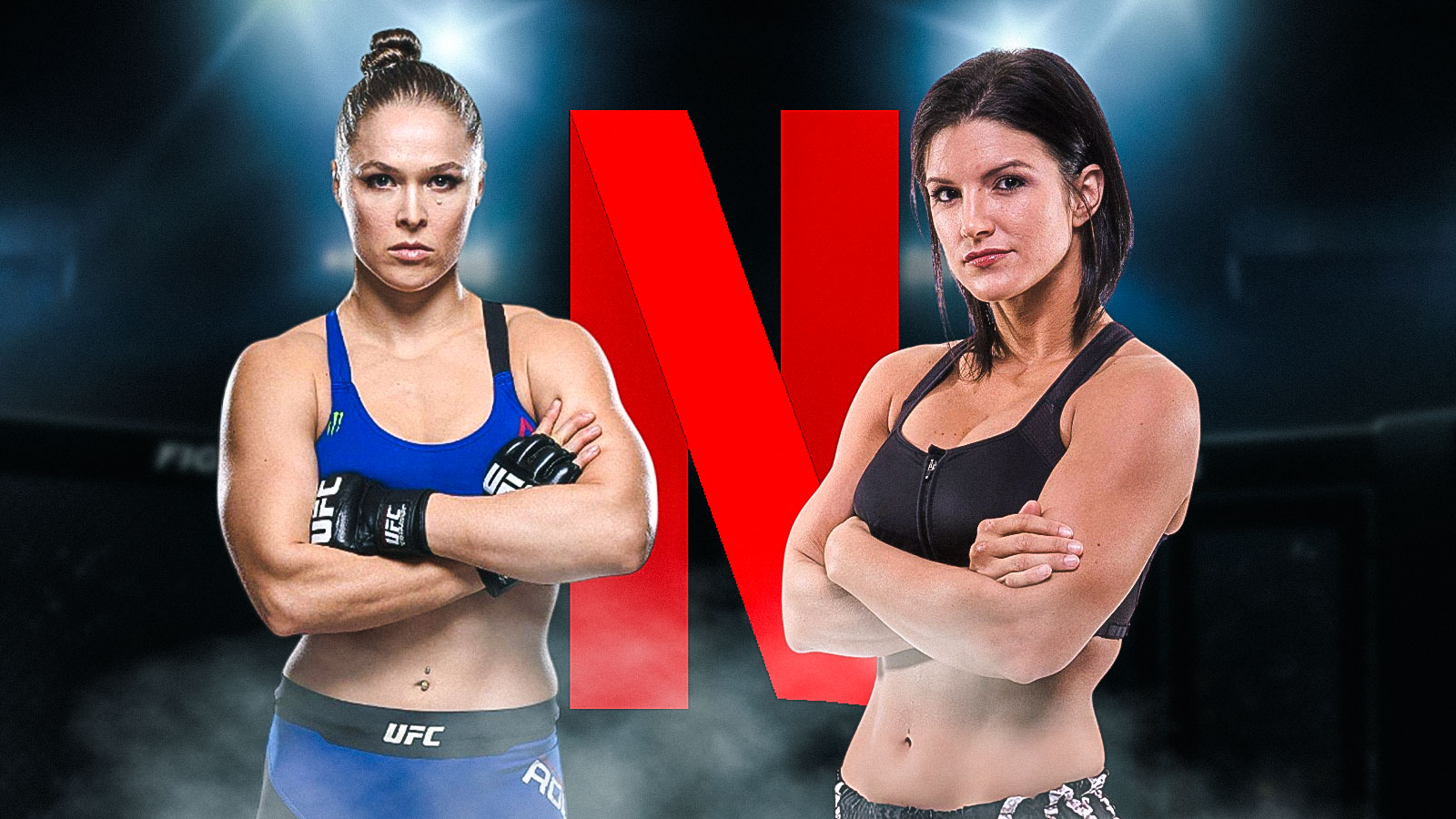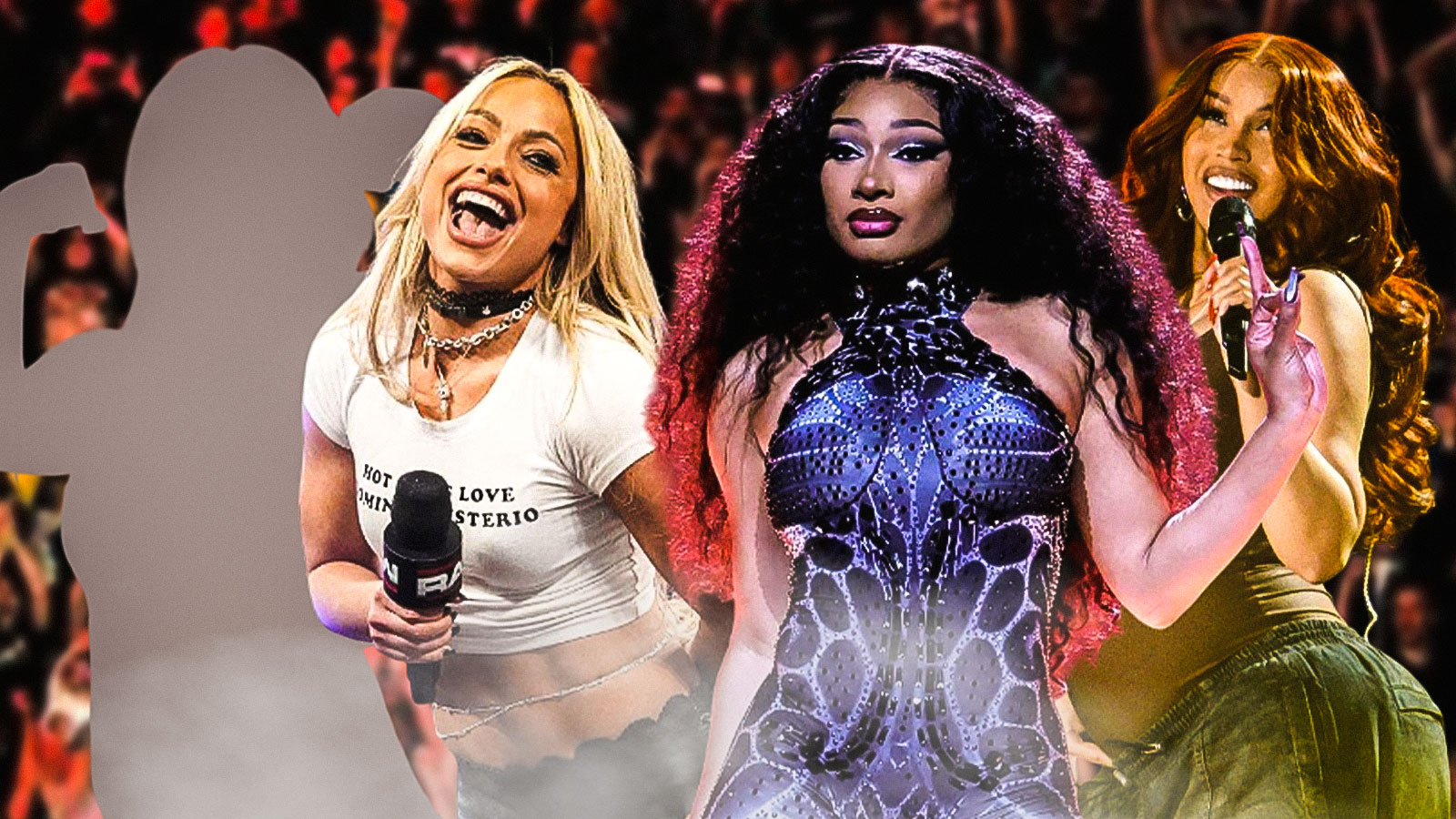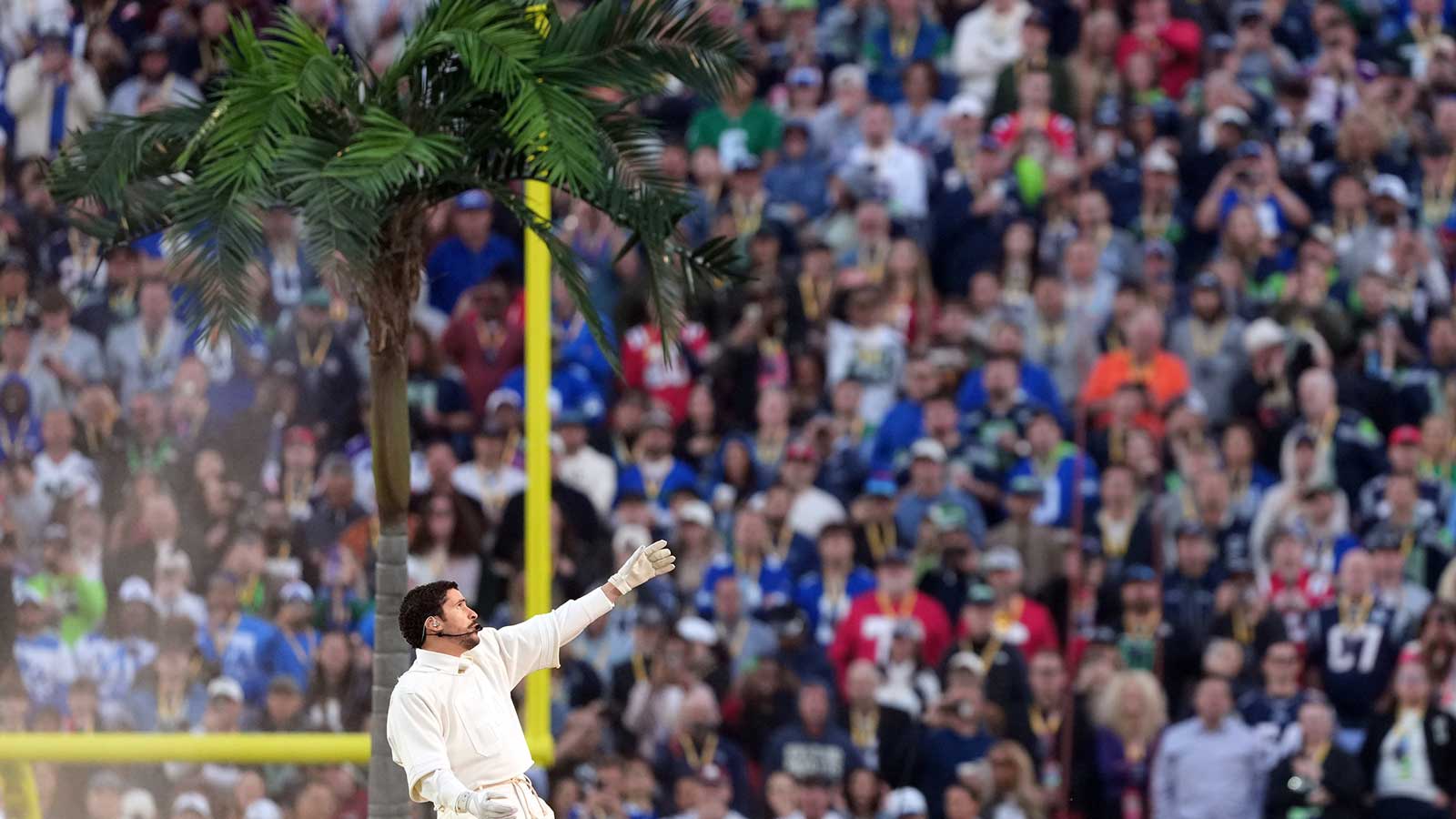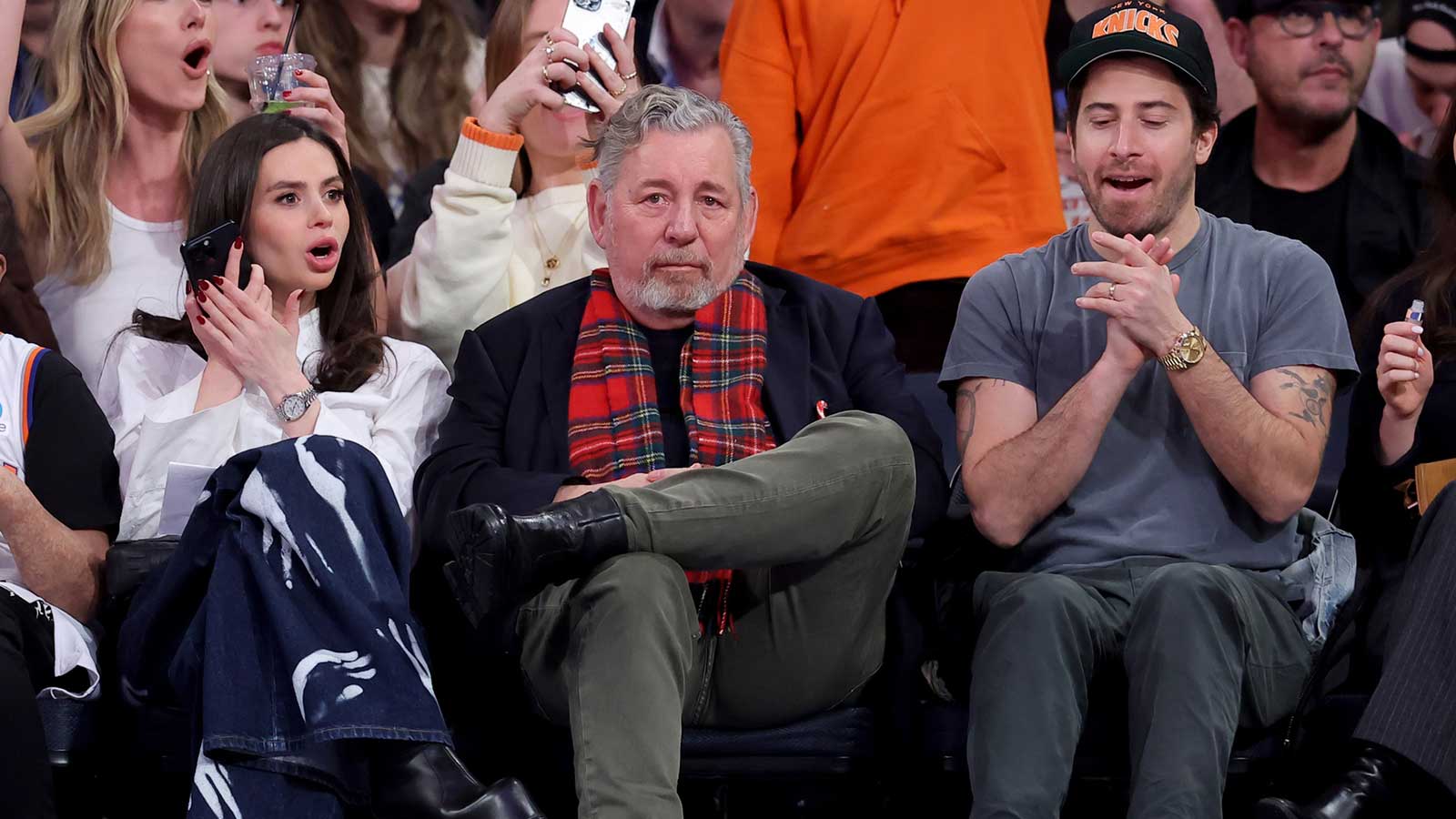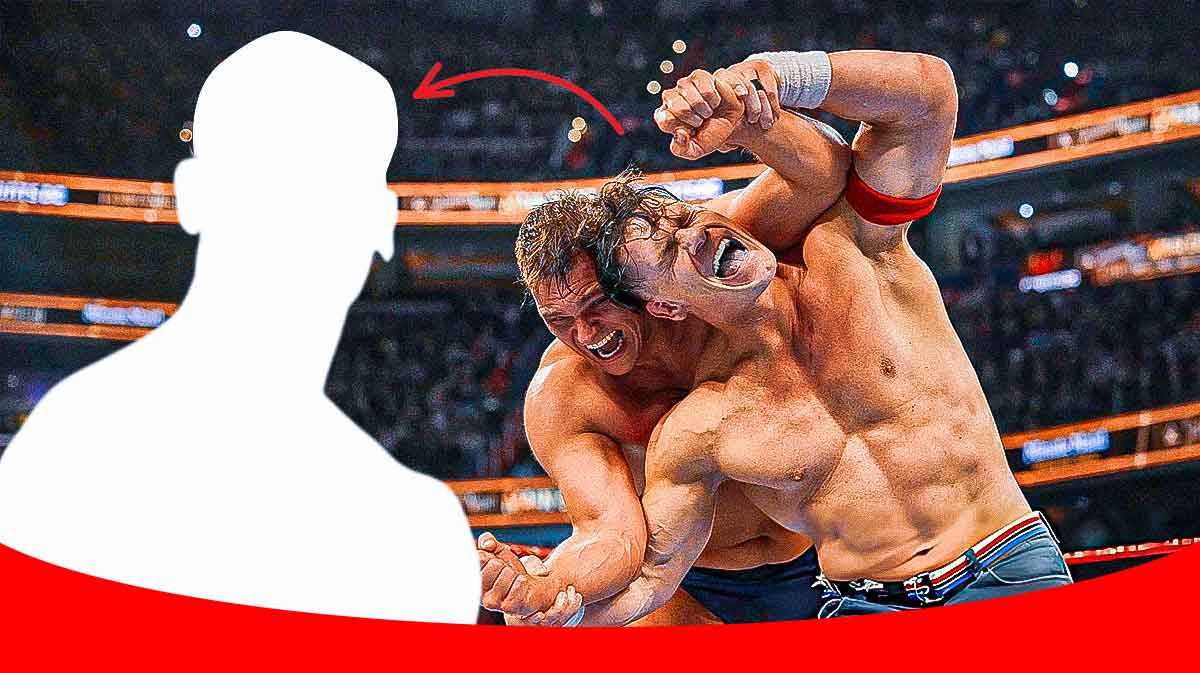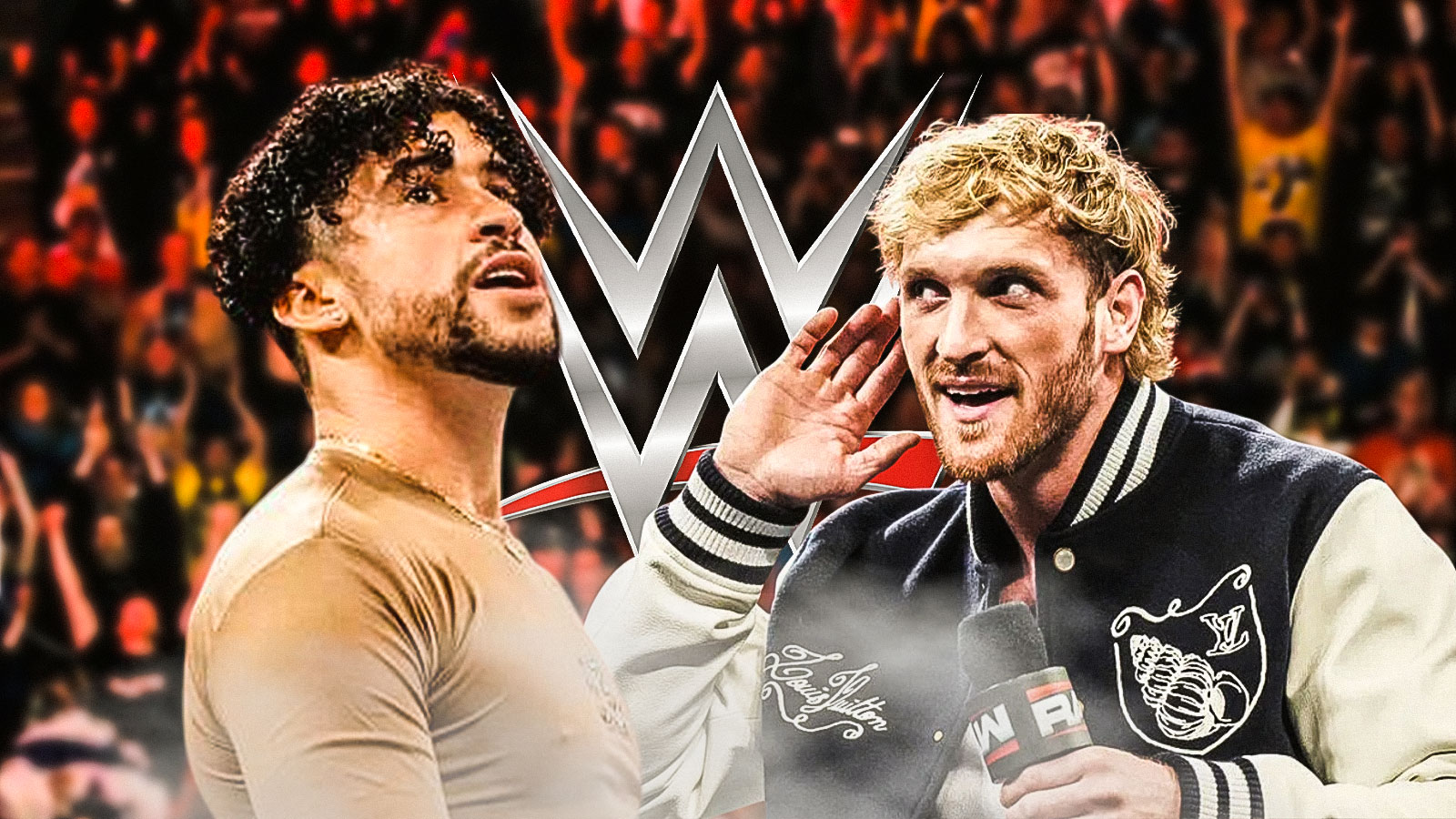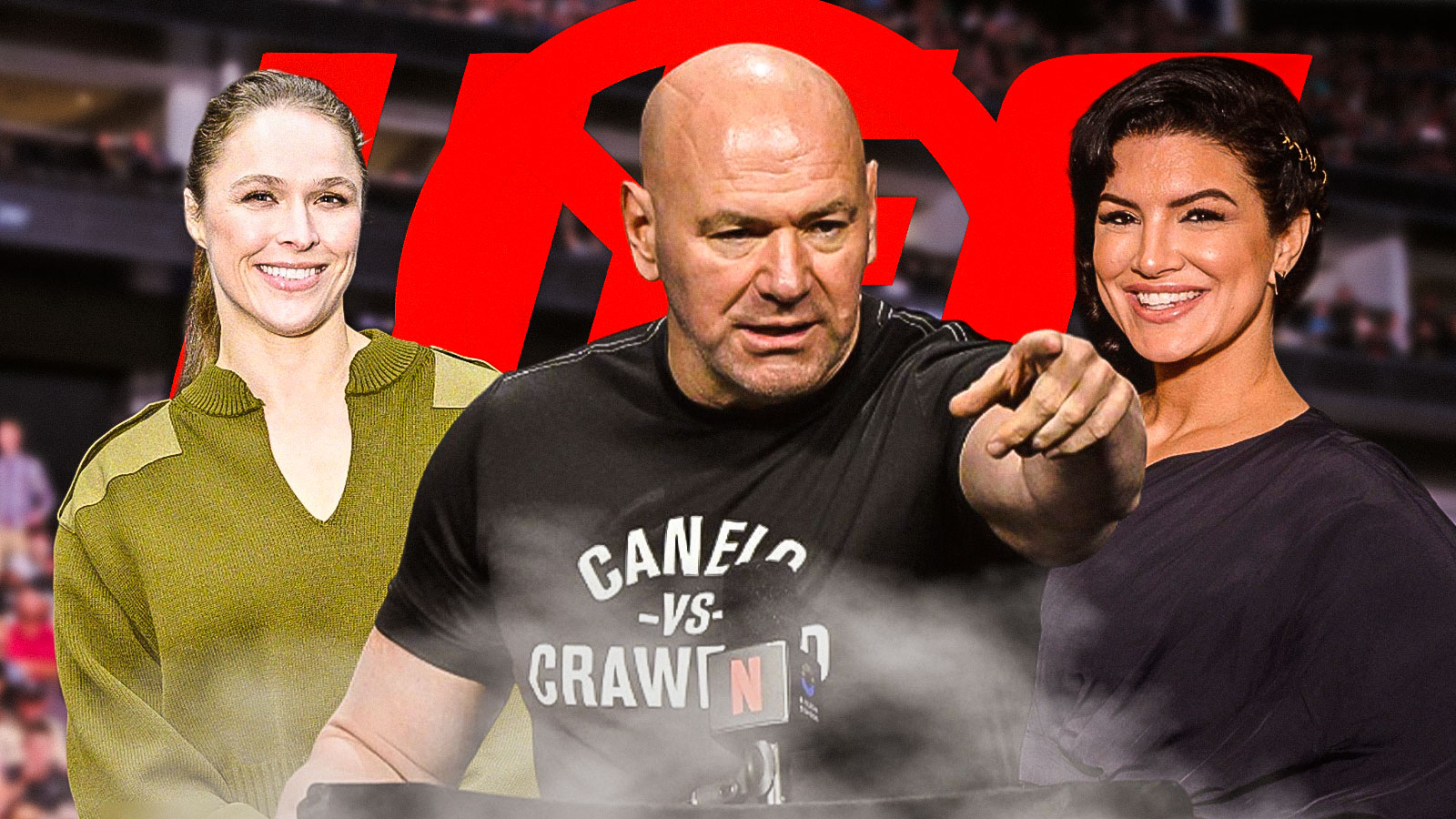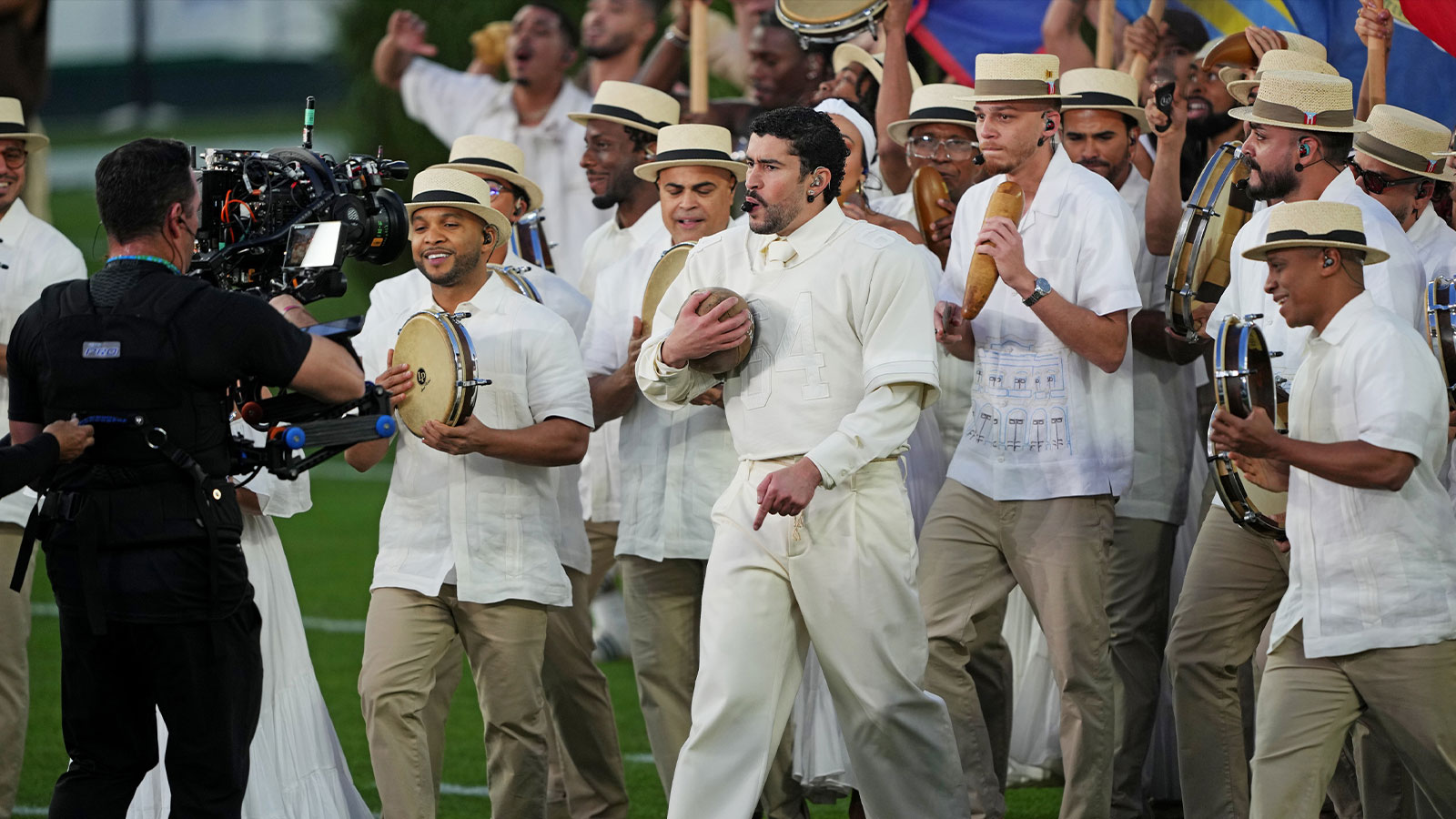Bob Marley: One Love is the latest biopic from Reinaldo Marcus Green. He previously directed King Richard, which was one of the best of the year, and Joe Bell.
Both of those films showcased a filmmaker with an eye for historical dramas. As you'll learn in this interview, Green doesn't see it that way. He doesn't separate “biopics” and “films” when selecting his projects, which works in his favor.
ClutchPoints had the privilege of speaking to Green ahead of Bob Marley: One Love's release. A Staten Island native, Green discussed one of his earliest jobs at an iconic restaurant, recreating Bob Marley's iconic concerts, and the experience working with the Marley family despite their protectiveness of the icon.
Reinaldo Marcus Green-Bob Marley: One Love interview
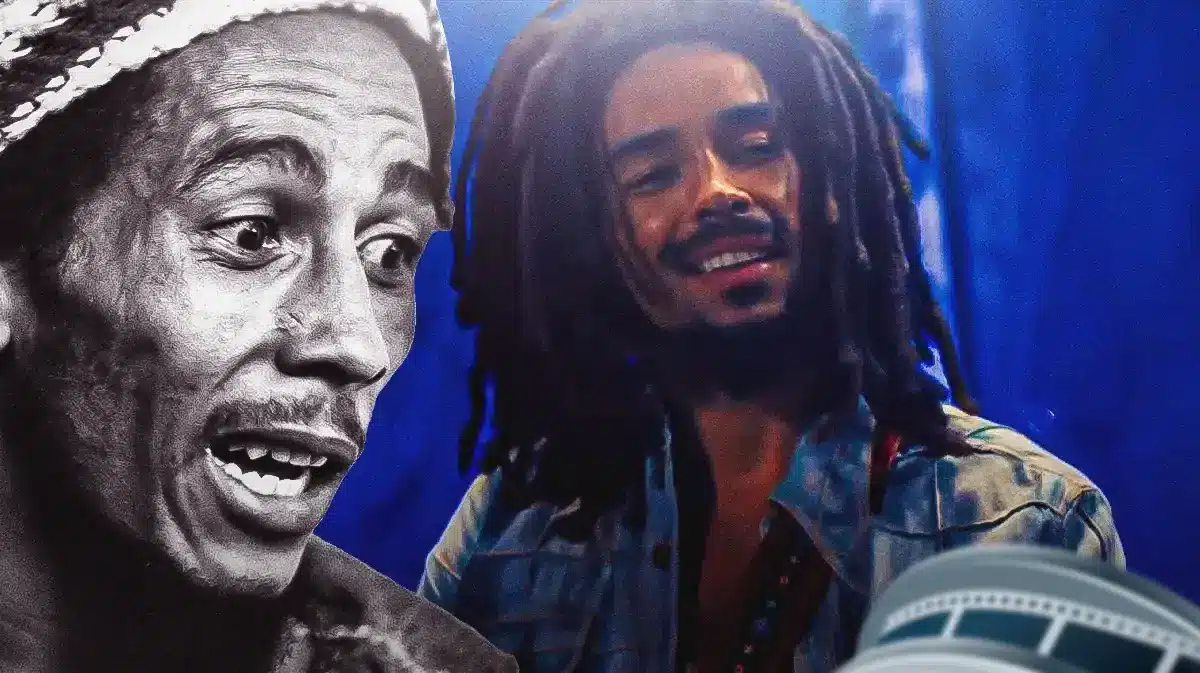
ClutchPoints: What high school did you go to in Staten Island?
Reinaldo Marcus Green: Port Richmond High School.
CP: Oh, cool! My father went to Wagner.
RMG: [smiles] We played them in football, baseball, [I know them] very well. The blue and white!
CP: I feel like Staten Island gets the least attention out of all the boroughs, so what's your favorite restaurant or something you want to shoutout from the area?
RMG: I worked at Goodfellas, so I'm biased. That was one of my jobs, so, I love that.
CP: The one on Victory Blvd or a different one?
RMG: I worked [at the one] on Hylan [Blvd]. They created one on Victory after.
CP: I know that you've done quite a few biographical dramas, from Joe Bell to King Richard, what is it about the genre that kind of interests you to want to adapt stories of historical events or figures?
RMG: I never separate it in that way. I mean, I think with Bob [Marley], we had to a little bit because of just who he was and just how big of an icon he was. I don't know, my favorite movies, whether it's Rain Man or Goodfellas, they're based on real people, they just don't call them biopics.
So, I approach them the same. We're telling a story. You have to take certain liberties when you're telling stories, and that's just the reality of fitting it into two or two and a half hours or whatever it is.
I think with Bob, the only difference is everybody knows who Bob is, and there's a whole cult of people that love Bob and don't want you to mess with him. So yeah, everybody knows what he looks like, what he sounds like, his lyrics, and so that was a bit different than anything I'd ever done.
Even with King Richard, unless you're a tennis fanatic, nobody really knows what Richard Williams looks like… and nobody cares — they care about Venus and Serena. That's why it was a bit easier in that respect to portray because the look is not something that's part of the movie in the same way where this was a different level in every way.
CP: I think one of the coolest parts of this film is the way you guys recreated the concert sequences. I'd love to know how you guys went about these sequences — did you knock them all out at once?
RMG: No, it took several days to do it just given how much work that needed to happen. We have a lot of backstage work there. Obviously, the scene that happens Don Taylor [in] the hallway, there's just a lot of stuff that's happening, and you have to light and recreate all the lighting for all the different countries, all the different spaces, all the different outfits that they have to wear. So just getting people in and out takes a long time.
And then obviously, the live performance stuff, was tricky. It took several days to get all the concerts done.
Primarily “Exodus” — we shot in Jamaica and we recreated the “Smile Jamaica” concert. We shot in the actual place that Bob did it, National Heroes Park, we recreated the stage, [and] we did the backstage where he comes off stage and he gets in the car and puts Rita in the car. So all of that had to be recreated.
And then obviously the “One Love Peace Concert” at the end where we do all the backstage stuff as well. So yeah, it was complicated, man. [chuckles] There's no other way to put it.
CP: Did you guys have a lot of extras for these scenes or did you go the Bohemian Rhapsody route of having people in the front then maybe CGI crowds behind them?
RMG: It was a combination.
Look, we definitely tried to have as many people as we could, two, three, four hundred people, and then you augment what you don't have — blue screen, green screen, and things of that nature. But we did everything we could to make those sequences feel real.
CP: You mentioned the runtimes and Bob Marley: One Love is surprisingly under two hours. It's a pretty brisk watch, but was there ever an earlier cut that was longer or anything you wish could have made it into the final film?
RMG: Because it's Bob, I could watch him forever, so you love him and don't want it to end. But there's a finite amount to the story that we were telling, and we were telling a specific window in Bob's life, 1976 to 1978, and this is the threshold of the film. This is what it our film could bear.
We didn't go into “Kaya,” we didn't go into a lot of the earlier work — that's just another movie; it's a limited series, which I'm sure will be great and I would love to see that, too.
But this felt like the right period of time to capture of Bob's life for us. [It] gave us some insight as to who the man was behind the myth. And that's what we tried to do, [we] tried to boil it down into something that was a coherent story, so we understood Bob, or tried to understand who he was as a human being, trying to humanize him.
And I think our story is unique in its construction because of his relationship to Rita, which was not one that I knew, it wasn't something that was widely known to the public, that she was the one that brought him to Rastafarianism, which is probably the single most important thing in all of his music. It's what he sings about, it became his center, it became his faith, it became everything that he sang for, what he represented.
So those things revealed themselves over the course of our film in a way that I thought was new and interesting for people to learn. [When] you go to the movies, sometimes it's nice to walk out with some new tidbits and things that you didn't know before.
And I know for sure that's the kind of movie that I wanted to see.
CP: I know it helps that I think that the Marley family — Rita and Ziggy were producers on the film — but was that ever a hard dynamic to navigate? Because it's not just that the fans are precious about Bob's legacy, but of course his family would be too, right?
RMG: Man, I can't even take a picture of my own mother without her yelling at me for posting it and putting it online. So yeah, of course, every family is protective of their parents. That's their family.
But I understand that, so that's never a hindrance. That's life, that's real. If they weren't, I'd be concerned, actually. I think it's how you communicate through those differences. And part of my job as the director is to communicate effectively, right? We're making a movie, you have to take certain liberties in the process of making a movie.
Every movie, no matter how real, no matter how authentic, is a recreation. It's all fake. Every movie's fake. It's just the reality. [chuckles] And we're trying to get as close to that realness and that authenticity as we possibly can.
So just being able to communicate in movie terms, we're making a movie, we're trying to capture the essence of your father — which is true, we're not trying to mimic dad. There's only one Bob Marley, and thankfully, we had his voice in the film and we can capture something.
We can capture it through performance and through cinema language. The essence of their dad and his legacy and try to honor that. And I think they understood that. So I never felt I didn't have support. I never felt that we couldn't get through it through communication.
And any of the things that they were protective of were things that I absolutely would be protective of as well. So it just took conversations to move past it or move through it.
Bob Marley: One Love is in theaters.









